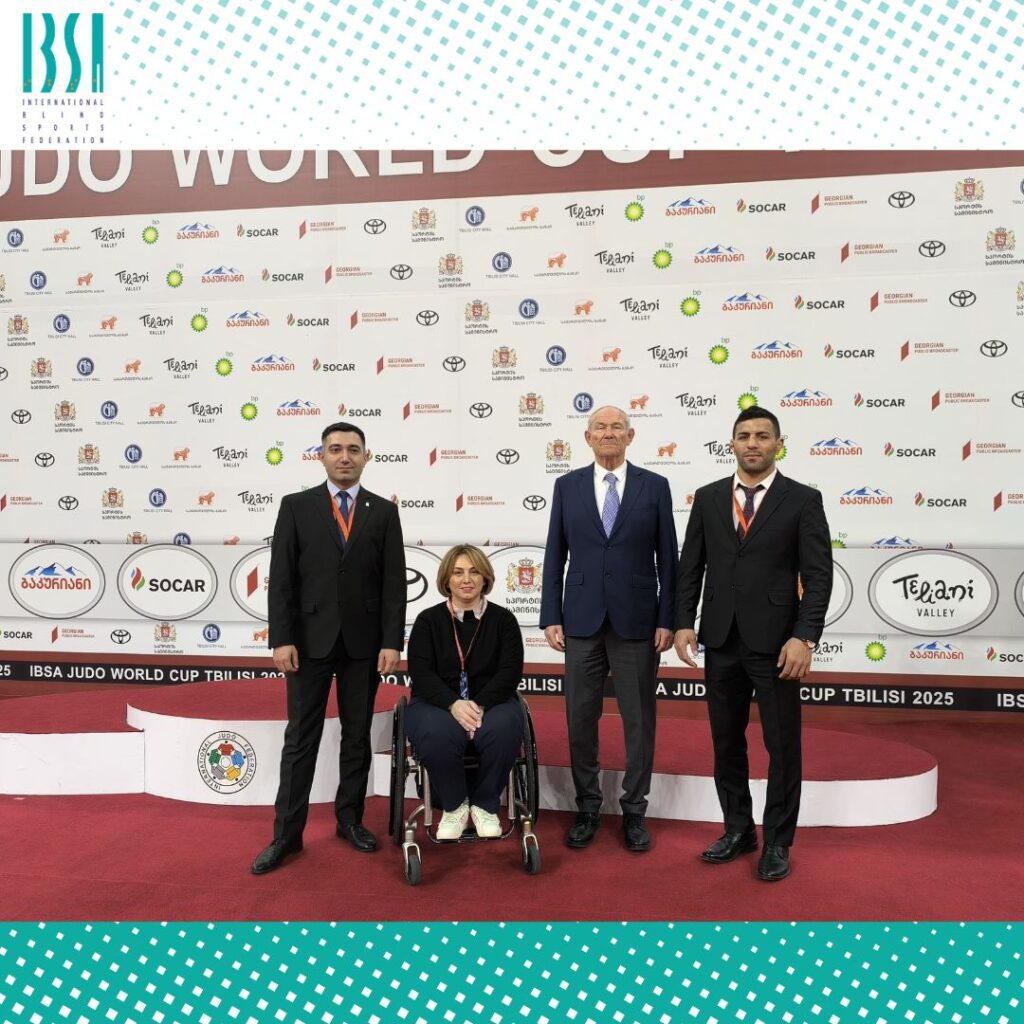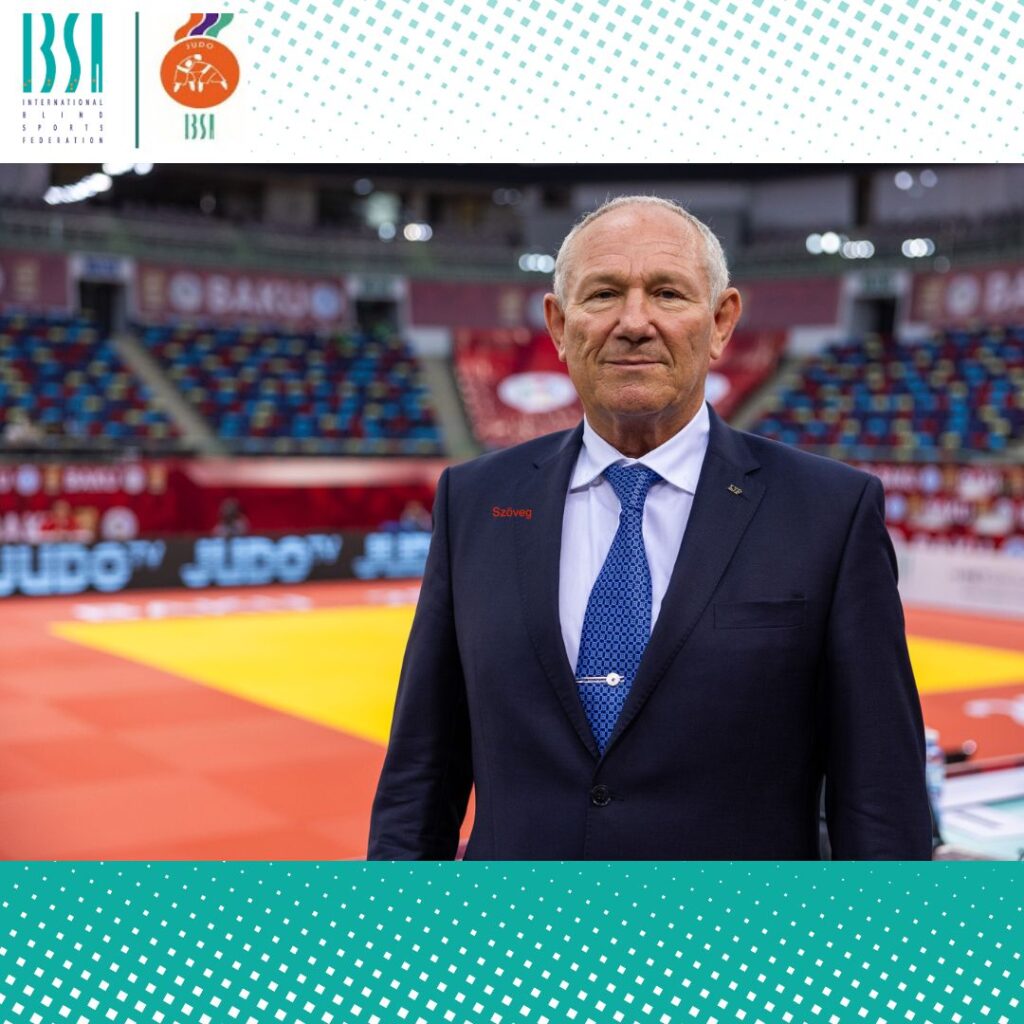News
IBSA Judo facing to Paris
Date: July 29, 2023
Category: Judo
Paris is the third most important station for Paralympic Judo. 148 athletes are now fighting for 16 gold medals.
After the introduction of parajudo in 1988 and the inclusion of women in the Paralympic movement (2004 Athens), the biggest change in our lives happened after the Tokyo Paralympics. As a result of research, the IPC made the decision to introduce new eye classes in judo. Thus, the J1 (blind and almost blind) and J2 (partially sighted) eye classes were introduced. This means that the competitors in these classes compete separately. However, this came at a price. On the one hand, the eye tests became stricter, so we lost many valuable competitors, and the previous 7 weight categories were reduced to 4.
At the same time, the two eye classes are completely equivalent, and after the decision, para judo will have fair fights between competitors with similar abilities.
The preparation for the Paralympics is a challenge for all athletes and coaches, especially since we only have 3 years after Tokyo, and our first year was spent requalifying and classifying all athletes.
Paralympic qualification started in September 2022 (two years before the 2024 Paris Paralympics). Thus, the routine acquisition of new competitors and the provision of competitions mainly fell during the qualification period.
The IBSA Judo Committee approved the qualification competitions and the points system. The allocation of the number of competitors by weight categories will be approved shortly. These documents form the basis of the Paralympic pointing system, which continuously shows interested parties the status of the qualification competition. This will take place for the first time before the IBSA World Games.
The qualification period began on September 1, 2022, and will last until June 24, 2024. During this period, 18 scoring competitions will be held. We were primarily looking for competition venues where the conditions are optimal and meet the IJF and IBSA judo criteria. At the same time, we also paid attention to being on every continent if possible.
It is a great pleasure for us that the proportion of J1 and J2 competitors is approximately equal. More than 450 of our world-ranked athletes are fighting for the 148 Paralympic places. This clearly indicates that judo is a true Paralympic sport. Unfortunately, we are lagging behind in terms of women’s participation, but there is also serious progress here.
On my own behalf, I would like to thank the dedicated and persistent work of the coaches, the collective leadership of IBSA Judo, all the volunteers who help us in our individual competitions, and the organisers of the competitions. A special thanks goes to the International Judo Federation (IJF), which supports the successful development of IBSA, Parajudo, not only with funding, but also with professionals, including referees, knowledge, and equipment.
János Tardos
IBSA Judo Chairman





